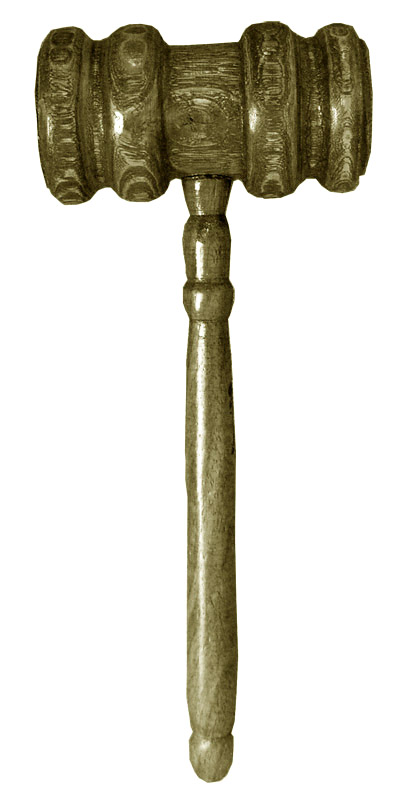Tipping the Balance of Reasonableness in Statutory Leasehold Extension Cases

A noteworthy starting point is that leaseholders are obliged to pay for the freeholder's costs associated with service of a formal statutory leasehold extension or enfranchisement Notice. Nevertheless, disagreements between leaseholders and freeholders often occur in both the cost and the scope of the work undertaken by the freeholder's lawyer or surveyor.
Challenging these fees in the First-Tier (Property) Tribunal on the basis of 'reasonableness' is possible. In many cases, there is scope for successfully arguing a reduction in costs. This article examines the costs rules set out in statutory lease extension legislation and highlights two cases where reductions were ordered. These costs principles also apply to collective enfranchisement (otherwise known as freehold purchase) and most (if not all) of the legal arguments in this area are interchangeable.
The freeholder's legal and surveyors costs: Section 60 costs - a statutory framework
Leaseholders are able to challenge the freeholder's costs incurred by the service of a statutory leasehold extension Notice. The intention of Section 60 (1) of the Leasehold Reform Housing and Urban Development Act 1993 was to set out the approximate nature of the work a freehold owner would expect from a solicitor and surveyor he/she instructed upon receipt of a formal lease extension notice. It states:-
"60(1) Where a notice is given under section 42, then...the tenant by whom it is given shall be liable, to the extent that they have been incurred by any relevant person in pursuance of the notice, for the reasonable costs of and incidental to any of the following matters, namely –
- any investigation reasonably undertaken of the tenant's right to a new lease;
- any valuation of the tenant's flat obtained for the purpose of fixing the premium or any other amount payable by virtue of Schedule 13 in connection with the grant of a new lease under section 56;
- the grant of a new lease under that section;
(2) For the purposes of subsection (1) any costs incurred by a relevant person in respect of professional services rendered by any person shall only be regarded as reasonable if an to the extent that costs in respect of such services might reasonably be expected to have been incurred by him if the circumstances had been such that he was personally liable for all such costs."
The list of the freeholder's allowable costs during the formal lease extension process essentially boils down to (1) work required by the freeholder's solicitor to ensure that the leaseholder is eligible under statute from the date that instructions are received (2) work required by the freeholder's surveyor to undertake a Lease Extension Valuation and (3) work required by the freeholder's solicitor to undertake the conveyancing of the New Lease.
It is worth noting that the work required in (1) and (2) above must be undertaken before the date that the Counter Notice is required to be served. Requests for payment of the freeholder's fees incurred after this date (other than in relation to the conveyancing of the New Lease), are not payable unless there has been a 'deemed withdrawal'.This includes requests for payment of the freeholder's Tribunal costs.
Any work undertaken by the freeholder's agents are subject to the principles of 'reasonableness'. Courts and Tribunals across England & Wales have for generations pondered the extent and limitations of what is 'reasonable'. Suffice to say, conclusions have varied and Section 60 costs are no exception.

The most successful recent challenges to Section 60 costs have been multiple pronged attacks, comparing the disputed costs against the remit set out in Section 60 itself, costs guidelines from the County Court and local information about solicitors/surveyors fees for the area. In 50A Eric Road Chadwell Heath Essex RM6 6JH (Case No. LON/00AB/OLR/2013/119), a Pro-Leagle case, both the freeholders' solicitors and surveyors' fees of £1,800.00 plus VAT and £735.00 plus VAT, respectively, were, inter alia, disputed. In this instance, although the property was located in Essex, the freeholder had chosen to instruct a team based in Central London. There were also issues over excessive billing and failure to produce invoices.
It was successfully argued that although the freeholder should have freedom to instruct whomever he wished, the leaseholder should not be reasonably required to pay central London rates and that the freeholder should have to partly fund this choice. Given the above, the Tribunal determined that costs should be reduced to £801.00 plus VAT (legal) and £464.16 plus VAT (surveyors). This decision confirmed an earlier (enfranchisement) Tribunal determination, namely, 111 and 113 Cheston Avenue Croydon Surrey (LON/00AH/0C9/2012/0006). It was similarly held that the freehold owner could indeed instruct a solicitor of his choice. The question was more whether “the full cost consequent on that choice is reasonable…and if so recoverable from the [leaseholder]…If it is not he may have to bear some of the cost himself. There is no prejudice in that”.
You will no doubt have perceived from the above that this is a contentious area of law. Notwithstanding the cases discussed, it remains a battlefield strewn with the bones of failed leaseholder cases, with these often being used to perpetuate the same sorry outcome in other disputes. Many of these cases failed not because they had no merit but because the right weapons were not used. It is, therefore, highly recommended to take specialist legal advice at all stages of a Statutory Leasehold Extension. Indeed, it pays to do so.
This article was provided by Pro-Leagle - The Law Firm for Laymen
Written by Corinne Tuplin (LLB, LPC) Solicitor, February 2014 - a specialist long-leasehold solicitor.